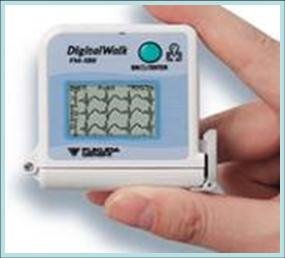- completed
[Biological Rhythms 48]
The Effect of Long-term Microgravity Exposure on Cardiac Autonomic Function by Analyzing 48-hours Electrocardiogram
- Human Research
ISS Science for Everyone
SCIENCE OBJECTIVES FOR EVERYONE
Biological Rhythms 48hrs studies the effects of long-term microgravity exposure on heart function by analyzing an astronaut’s electrocardiogram for 48 hours. While the International Space Station keeps Houston time, it remains unknown whether a separate biological rhythm is imposed on long-term flight crews. To study this, astronauts wear an Actiwatch sleep monitor for 96 hours and a Holter electrocardiograph for 48 hours in the middle of that sequence.
Experiment Description
RESEARCH OVERVIEW
- Clarification of the change of an accurate biological clock from space circumstance.
- Evaluation of continuous 48-hour RR intervals measurement on Holter ECG and sleep/wake rhythm on Actiwatch for 96-hour.
- The Biological Rhythms 48hrs research is analyzed for improving the health care technology of long-duration astronauts, for checking out the difference of them between before and after the flight on the earth and during long-duration spaceflight.
Media Gallery

Applications
SPACE APPLICATIONS
Monitoring cardio autonomic functions is important for improving crew health technology during long-duration spaceflight.
EARTH APPLICATIONS
The crew health care technology for the biological rhythm disruption during spaceflight provides general public with useful hint to promote healthy daily lifestyle.
Publications
PRINCIPAL INVESTIGATOR(S)
MUKAI Chiaki [JAXA]
Unless specified otherwise, rights to all images belong to ©JAXA



